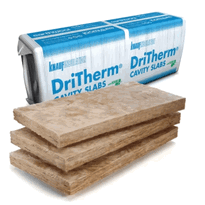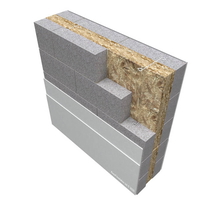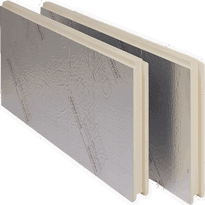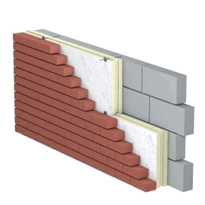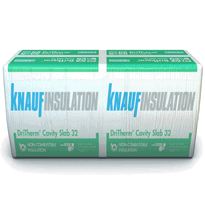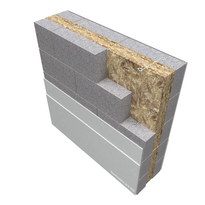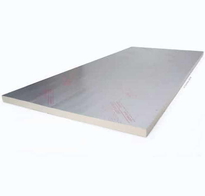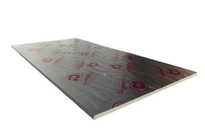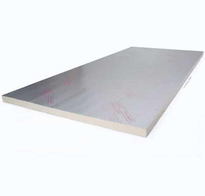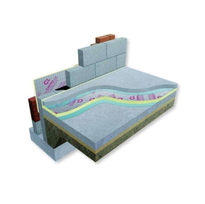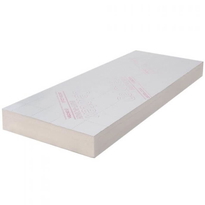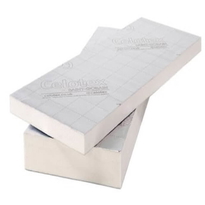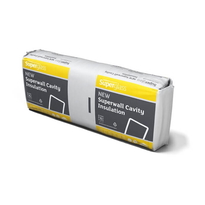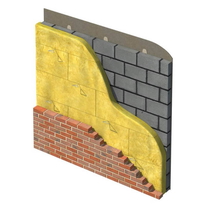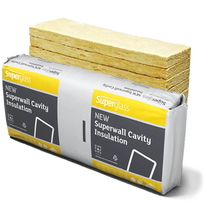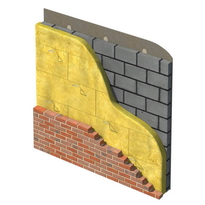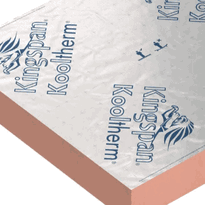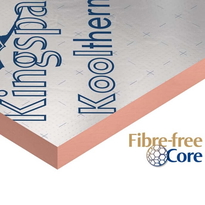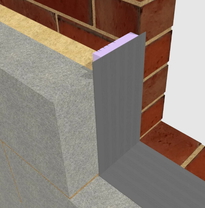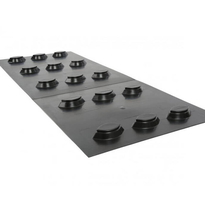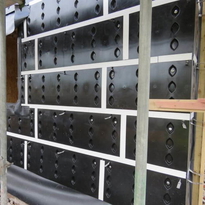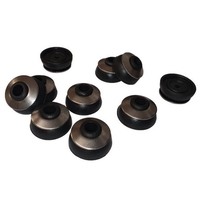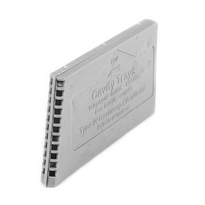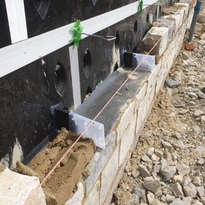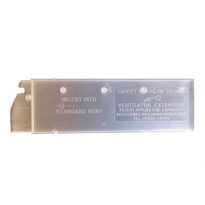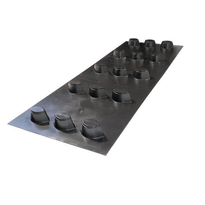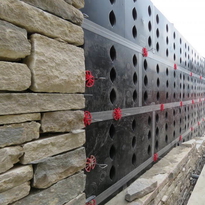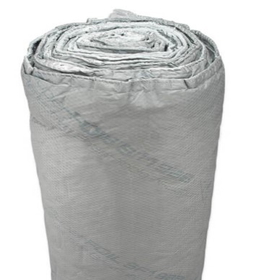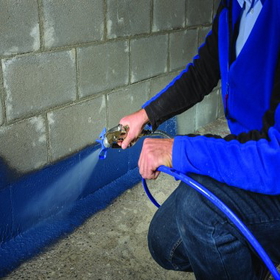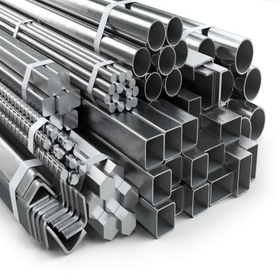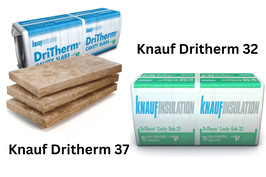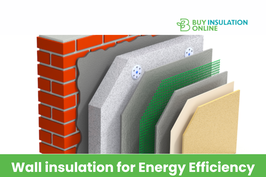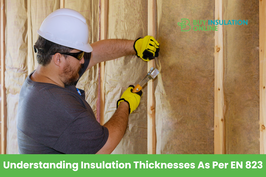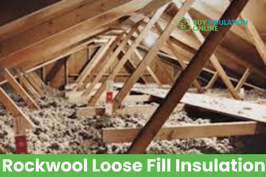Similar Categories
The Complete Guide to Cavity Wall Insulation in the UK
Cavity wall insulation is one of the most effective ways to reduce heat loss and improve the energy efficiency of homes across the UK. By insulating cavity walls, homeowners can cut their energy bills by up to 35%, while also reducing their carbon footprint.
What is Cavity Wall Insulation?
A cavity wall consists of two layers of brick with a gap, or cavity, between them. Cavity wall insulation involves injecting insulating material into the cavity to reduce heat loss through the outside walls. This method is suitable for cavity wall insulation in homes built after the 1920s, which typically feature cavity wall construction.
Benefits of Cavity Wall Insulation
-
Energy Savings – Proper insulation can cut annual energy bills significantly.
-
Reduced Heat Loss – Filling cavity walls helps keep heat inside the home, maintaining a comfortable temperature.
-
Quick Installation – Installing cavity wall insulation can often be completed within a day.
-
Government Support – Free cavity wall insulation may be available through government insulation schemes.
-
Environmentally Friendly – Lower energy consumption reduces carbon emissions.
How is Cavity Wall Insulation Installed?
-
Survey and Assessment – A registered installer will carry out a survey to ensure the home is suitable.
-
Drill Holes – Small holes (about 1m apart) are drilled into the outside walls.
-
Inject Insulation – Insulating material (such as mineral wool or polystyrene beads) is injected into the cavity.
-
Seal and Finish – The holes are filled and sealed, leaving the brickwork intact.
Types of Cavity Wall Insulation
-
Mineral Wool – One of the most popular choices, offering excellent thermal performance.
-
Polystyrene Beads – Small beads injected into the cavity that lock together, providing great insulation.
-
Foam Insulation – Polyurethane foam expands to fill the cavity, providing a seamless layer of insulation.
How to Know if Your Home Needs Cavity Wall Insulation
-
Home Age – Most homes built after the 1920s have cavity walls.
-
Brickwork Pattern – Cavity wall homes typically have uniform brick patterns.
-
Wall Thickness – Walls thicker than 260mm likely have a cavity.
-
Professional Survey – An installer will confirm if your home is suitable for cavity wall insulation.
CIGA Guarantee
All standard cavity wall insulation installations by accredited professionals come with a 25-year CIGA guarantee, ensuring long-term peace of mind.
Conclusion
Cavity wall insulation is an investment that enhances home comfort, reduces energy bills, and improves overall energy efficiency. With support from insulation schemes and professional installers, homeowners across the UK can benefit from this cost-effective and sustainable solution.
Get in touch with a registered installer today to start insulating cavity walls and unlock significant energy bill savings.
